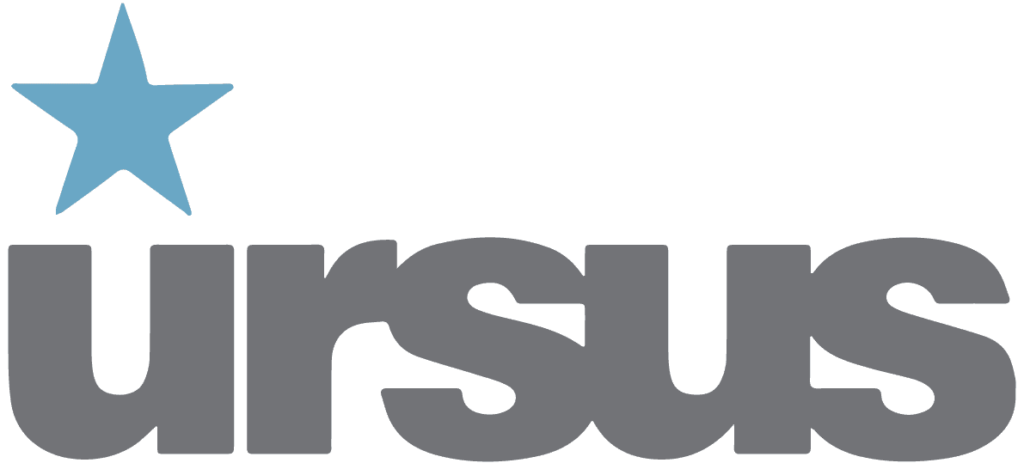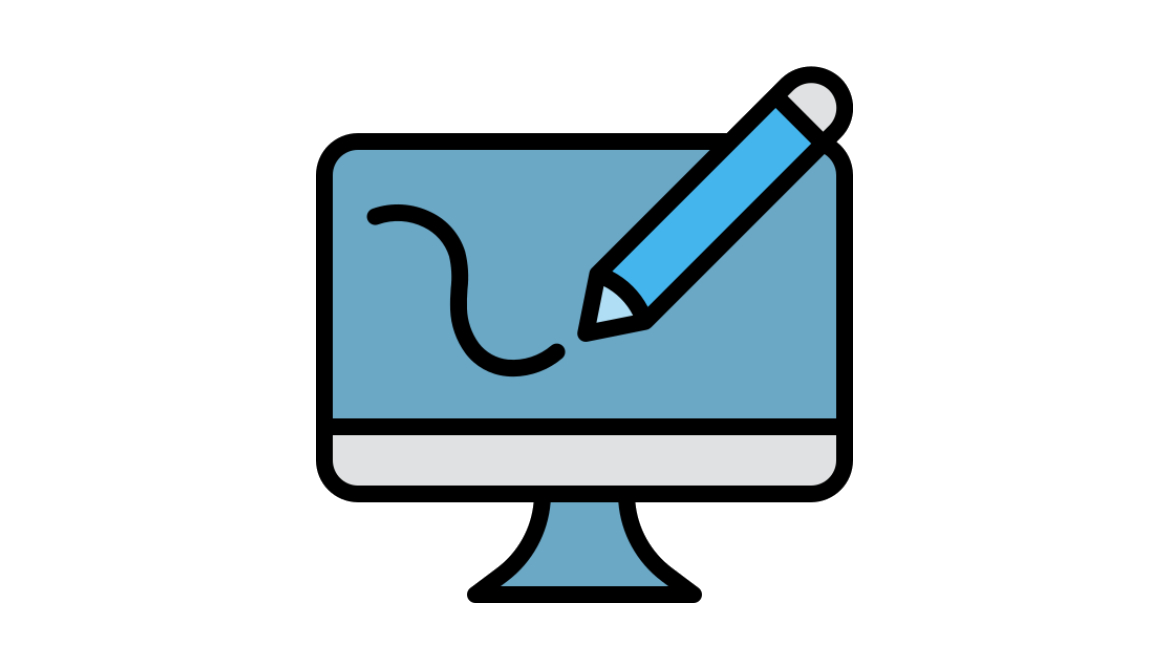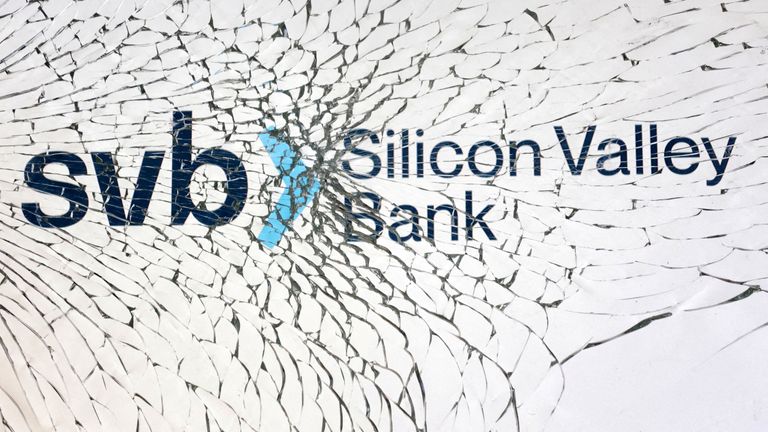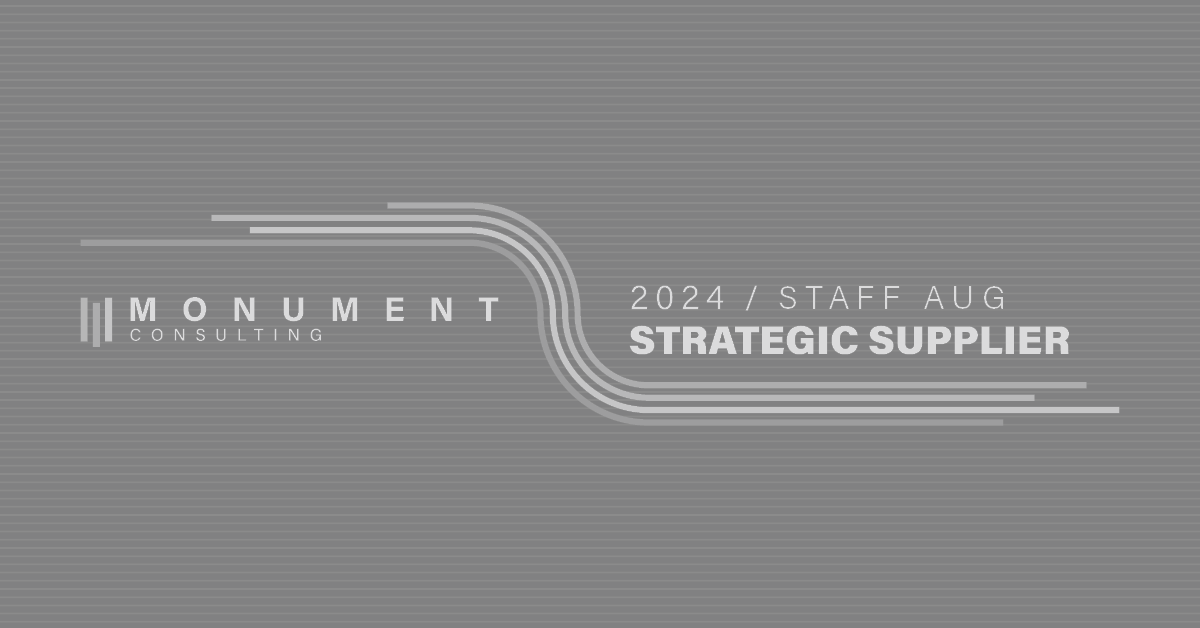In the wake of the freelance revolution, epitomized by the rise of highly skilled professionals gravitating towards project-based work, the dynamics of the modern workforce are undergoing a profound transformation. The Harvard Business Review article, “Highly Skilled Professionals Want Your Work, but Not Your Job,” illuminates this paradigm shift, underscoring the allure of autonomy and flexibility that draws individuals to gig platforms. While celebrating the opportunities inherent in this shift, it is imperative to acknowledge the crucial role of supportive infrastructure, particularly in the form of staffing companies, like Ursus, in ensuring the well-being and success of independent professionals.
The appeal of project-based work lies in its promise of autonomy, enabling professionals to chart their career trajectories and pursue projects aligned with their skills and passions. However, amidst the allure of independence, it is essential to recognize the significance of robust support systems that safeguard the interests of both freelancers and employers. This is where Ursus and other staffing companies play a pivotal role.
Ursus recognizes the importance of comprehensive screening for both hard and as importantly soft skills, background checks, and proper worker classification in the gig economy landscape. Unlike many gig platforms that may overlook these critical aspects, Ursus prioritizes the welfare of both clients and freelancers by ensuring stringent vetting processes. By conducting thorough background checks and screenings, Ursus mitigates risks associated with hiring independent professionals, safeguarding clients against potential liabilities, and ensuring the integrity of their projects.
Moreover, Ursus understands the importance of proper worker classification, a facet often overlooked in gig platforms where misclassification can lead to legal ramifications and financial penalties. By adhering to regulatory guidelines and ensuring compliance with labor laws, Ursus provides peace of mind to both clients and freelancers, fostering a transparent and ethical work environment.
Beyond mitigating risks, staffing companies like Ursus offer invaluable support to independent professionals, providing access to a myriad of opportunities, professional development resources, and benefits typically associated with traditional employment. From healthcare benefits to retirement plans, Ursus prioritizes the well-being and financial security of freelancers, recognizing their contributions as integral members of the workforce via our Contractor Care team.
While the gig economy offers unparalleled autonomy and flexibility, its sustainability hinges on the presence of supportive infrastructure that addresses the evolving needs of independent professionals. Ursus exemplifies this ethos, championing a holistic approach to talent management that prioritizes integrity, compliance, and well-being. By partnering with staffing companies that prioritize screening, background checks, and proper worker
classification, both clients and freelancers can navigate the freelance revolution with confidence, unlocking new possibilities for collaboration, innovation, and growth.
